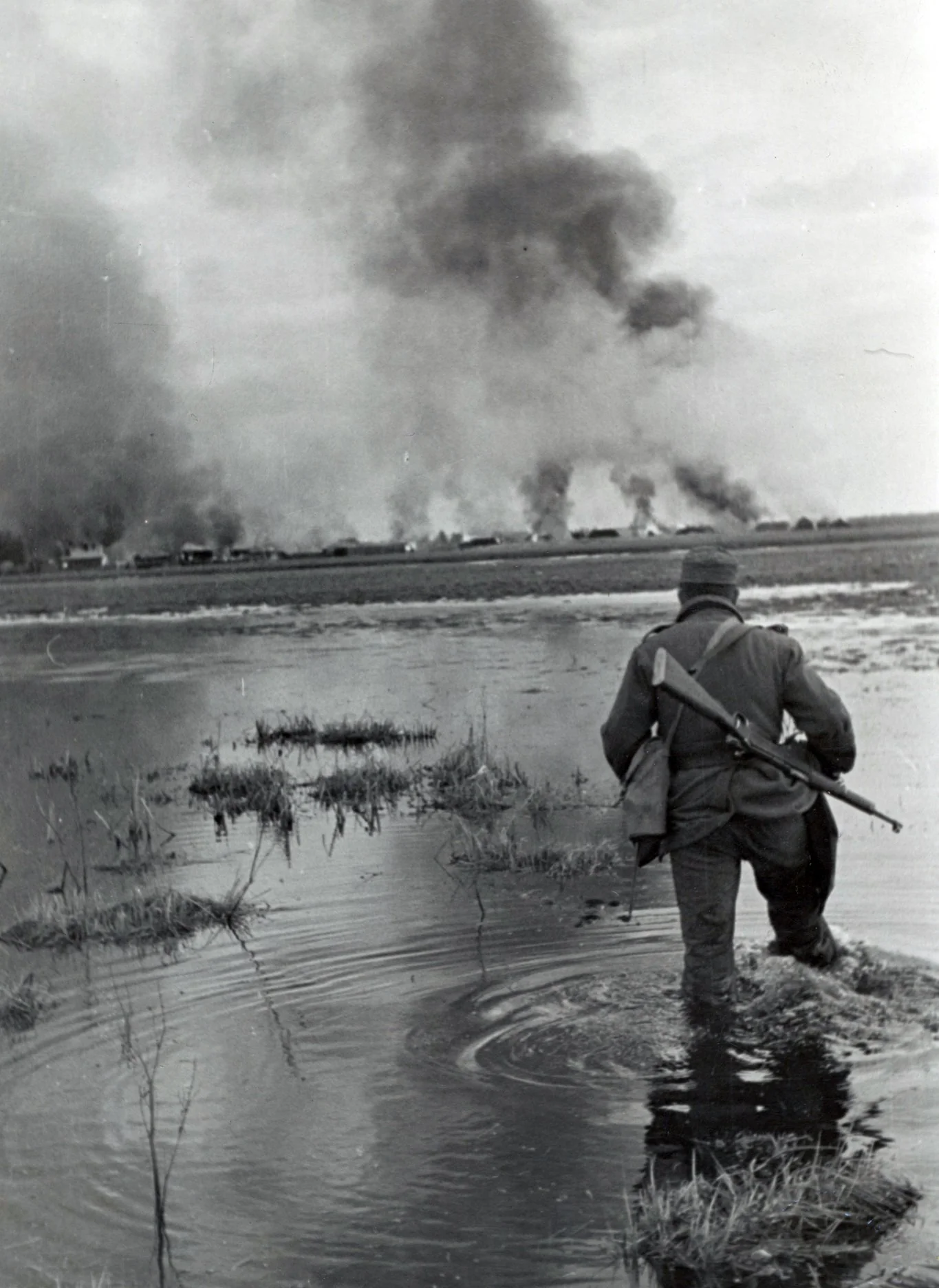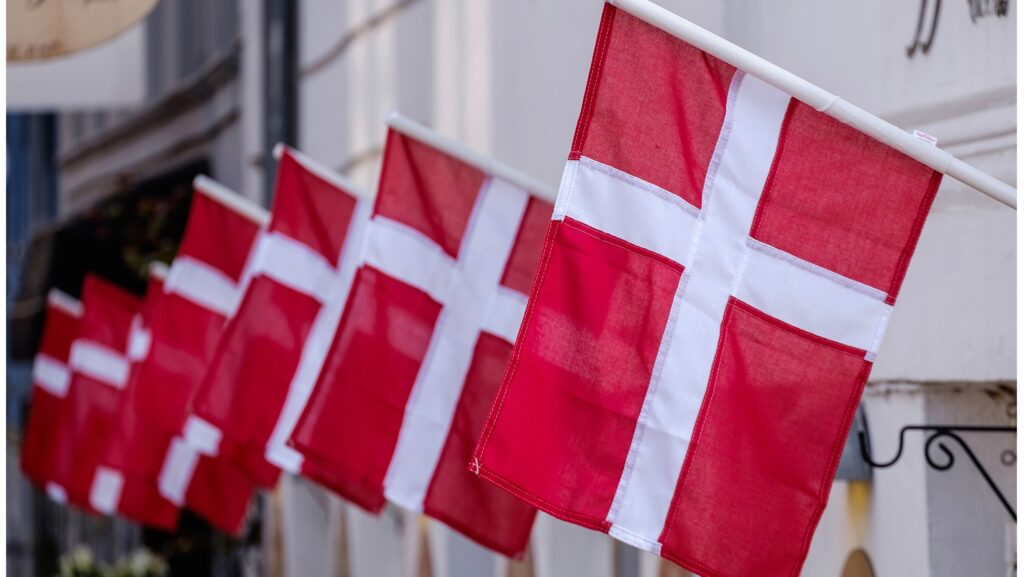Today, on 12 January Hungary remembers the Hungarian Second Army that was virtually eliminated near the Don River in the Soviet Union in January–February 1943. The troops of the Hungarian Second Army had received as little as eight weeks of training before being sent to the Eastern Front into combat. As Hungary was a Nazi-ally at the time, the Hungarian Second Army assisted the Germans at the battle of Stalingrad (23 August 1942 – 2 February 1943). The siege of the city was one of the deadliest battles of World War II and the poorly trained Hungarian Second Army suffered heavy casualties. By January its supply chains had been cut, and the troops soon went without the bare essentials such as food and warm clothing for the winter. As the Soviets launched a successful counteroffensive, the Nazi army pulled back, and the Hungarian forces were tasked with supporting the German retreat. While the Germans retreated, the Hungarian Second Army was ordered to fight to the death. In the extremely cold weather, the majority of the Hungarians soldiers, consisting overwhelmingly of conscripted civilians, perished.
The Hungarian Second Army was on the front for less than a year, and yet by the end of January, of the initial 200 thousand who were sent to fight around 100 thousand were dead and another 70 thousand were captured as prisoners of war. Many of these POWs never returned to Hungary from Soviet labour camps. The losses sustained at the Don River represent one of the largest death tolls in Hungarian military history. Hungary suffered a similarly tragic defeat in 1526 the Battle of Mohács, which changed the course of the country’s history, as after the lost battle Hungary fell under Ottoman Turkish rule for 150 years. In the Hungarian collective memory, both the Don tragedy and Mohács are remembered as the worst military failures of Hungarian history. In fact, four times as many people died at the Don River than on the Battlefield of Mohács.
By 17 January 1943, the Hungarian Second Army was completely annihilated. Individual units desperately tried to find their way back to Hungary, fighting for survival both against a hostile enemy and nature. The tragedy that unfolded near the Don River is remembered on 12 January, as the Soviet counteroffensive that led to the collapse of the Hungarian Second Army started on 12 January 1943.
Before the regime change, remembering the soldiers who died at the Don River was prohibited, and all those who perished there or survived were labelled as fascists. Many of the Hungarian soldiers who fought against the Soviet Union fell victim to the brutality of Soviet labour camps, where prisoners of war were kept for years even after the war had ended, forced to work in inhumane conditions. István Örkény, the great Jewish Hungarian author was among those performing labour service (a form of military service, essentially forced labour, introduced as an alternative to regular military serviced for Hungarian Jews) near the Don River when he was captured by the Soviets. He was allowed to return home only in 1946, about three years after his capture. Örkény immortalized the struggles of his comrades at the Don in several short stories. However, it was only after the regime that the tragic fate of these ordinary soldiers was finally recognized and a military remembrance day established, after 45 years of forced amnesia.








